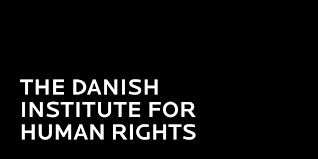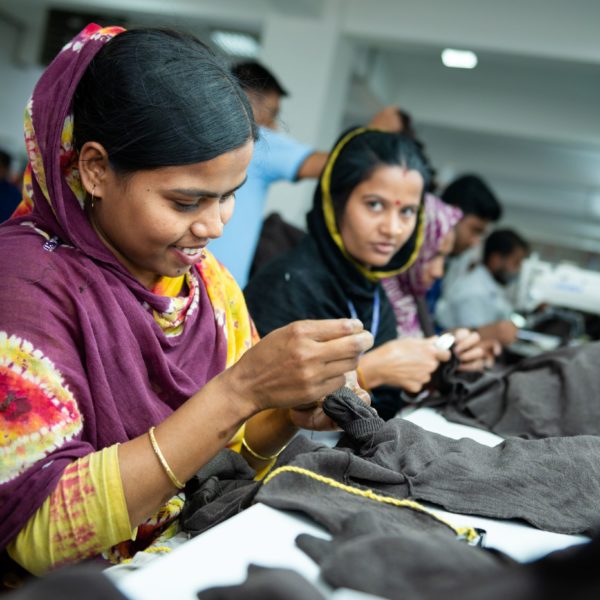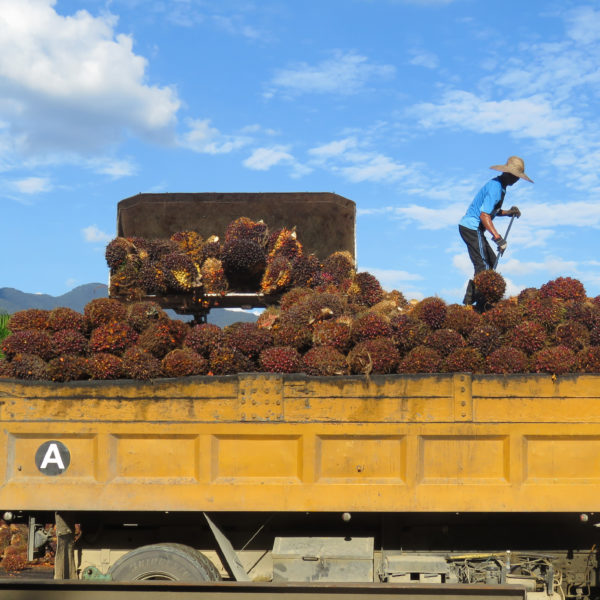Past Program
This was a limited program which is now complete.

Advancing the United Nations Guiding Principles on Business and Human Rights
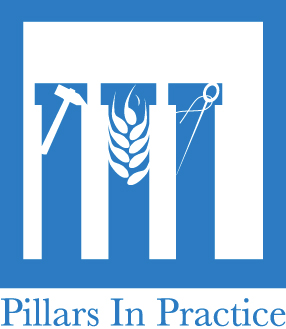
Goal: Build capacity among civil society organizations to engage with and conduct further training on the UN Guiding Principles on Business and Human Rights (UNGPs).
Project Duration: November 2012-August 2014
Program Countries: Bangladesh, Nicaragua, Zimbabwe
PIP Program Description
Pillars in Practice (PIP) was a program of SAI and the Danish Institute for Human Rights to build capacity among civil society organizations (CSOs) in Bangladesh, Nicaragua, and Zimbabwe to engage with and conduct further training on the UN Guiding Principles on Business and Human Rights (UNGPs). The UNGPs rely on three pillars of support:
The State Duty to PROTECT human rights,
The Corporate Responsibility to RESPECT human rights,
and Access to Effective REMEDY for human rights violations.
PIP aimed to strengthen all three pillars by activating a strategic alliance across three countries that could promote and assist local and multi-national companies, government agencies, and other local CSOs to implement the UNGPs.
PIP targeted three industrial sectors over a 24-month period: agriculture in Nicaragua, garment manufacturing in Bangladesh, and mining in Zimbabwe. The program had five key objectives:
- Deliver workshops and customized training materials on UNGP implementation in each country/sector
- Train project partners to deliver UNGP training for companies, governments, trade unions, and civil society to help them effectively manage human rights challenges
- Convene spaces for multi-stakeholder dialogue on key human rights challenges in the three sectors
- Publish UNGP Training Handbooks and Human Rights Business Country Portal briefings for each country and sector, training case studies, and due diligence recommendations
- Share our work with the UN Working Group on human rights, transnational corporations, and other business enterprises
What are the UNGPs?
The UN Guiding Principles on Business and Human Rights (UNGPs) are designed to help operationalize the U.N. “Protect, Respect, and Remedy” Framework, which recognizes that businesses have the responsibility to respect human rights wherever they operate. The UNGPs provide an authoritative global standard for preventing and addressing the risk of adverse impacts on human rights linked to business activity. In order for businesses to be socially responsible and respect workers’ rights, it is important to engage all stakeholders in a constructive dialogue and to give them the means for shaping their practices. This is the objective of the Pillars in Practice project.

PIP Program Outcomes
The program is a culmination of all the partners’ collective strengths and expertise. We are delighted by this opportunity to work with such a diverse team of highly respected civil society organizations to help implement the U.N. Guiding Principles. It is important that steps are taken to ensure that these principles reach their intended vision through effective implementation.
Alice Tepper Marlin, SAI Founder and President Emerita
The PIP Program focused on three main pathways for advancing and promoting the UNGPs: Awareness, Dialogue, and Growth.
Awareness Outcomes
In response to advocacy from our project partner CSR Centre in Bangladesh, the UNGPs were quickly incorporated into the national CSR Guidelines for Bangladesh and the National CSR Policy for Children, multiplying awareness of the UNGPs and providing official support for their implementation.
The Centre for Research and Development (CRD), a CSO focused on Zimbabwe’s mining sector, struggled to engage companies and government until it participated in PIP’s multi-stakeholder advisory committee meetings (MACs). There were many more participants than expected, indicating openness to discussing human rights using the UNGPs framework.
Dialogue Outcomes
The Zimbabwe Environmental Law Association (ZELA) reports that PIP was transformational in Zimbabwe. Though ZELA had been working in the mining sector since 2009, the Executive Director had never engaged directly with mining companies out of fear of compromising ZELA’s principles. After PIP, the ED attended the Chamber of Mines annual general meeting and felt capable of talking competently about the UNGPs and training stakeholders.
In Nicaragua, a number of small producers wanted to improve working conditions and asked their trade union representatives to negotiate with companies on following UNGP guidelines. This created a new dialogue within a set conversational framework to talk about prevalent human rights abuses. In line with the UNGPs, they reached beyond the company responsibility to respect, inviting government representatives to the meetings with the companies. Their goal was to change company behavior and shift government policies that impact human rights through constructive dialogue.
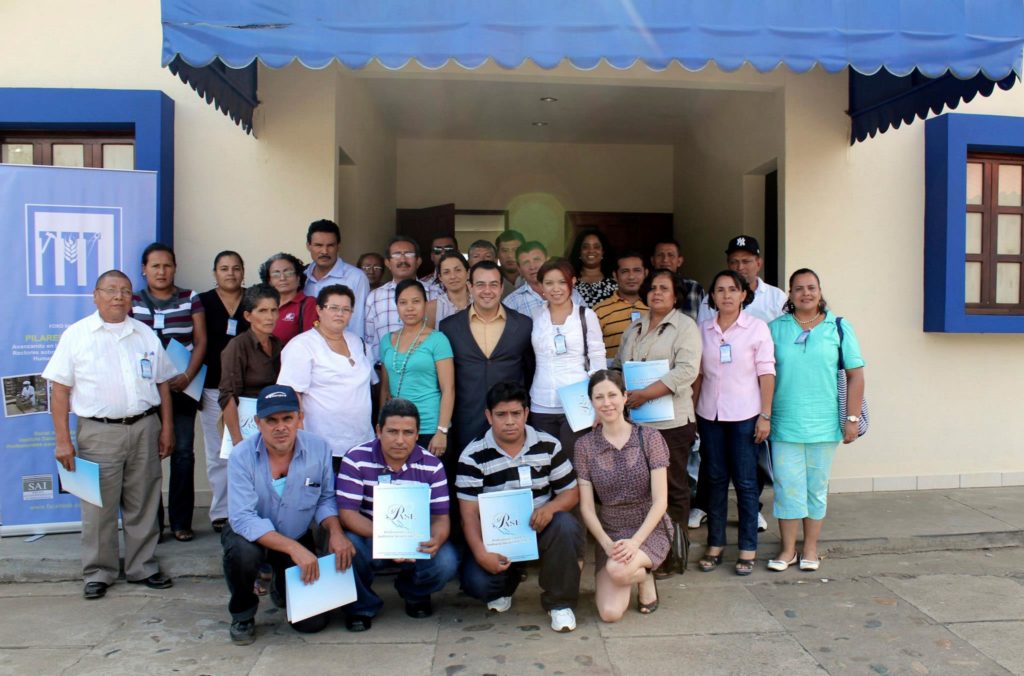
Growth Outcomes
In each country, the partners developed handbooks as a tool to provide companies with written guidance for implementing the UNGPs. Each handbook was validated by local stakeholders to ensure accuracy and relevance for the country and industry.
An executive overseeing CSR and HR in Bangladesh used the handbook with trainers in all the company’s factories. The handbook was used to initiate dialogue with the community, and the company developed an outreach initiative to find out how it is perceived. Through discussions, the company learned that the community wanted better sanitation, so the factory developed an effluent treatment plant.
The banana workers union in Nicaragua adopted the language from the UNGPs and created its own manual, a summary of the UNGPs. It also organized training sessions with its own funds for participants representing all five main banana workers unions.
Though businesses in Zimbabwe are more open to initiatives that make a business case for business and human rights, CRD originally lacked the skills to do so. By participating in PIP, it built capacity to assess mining company human rights management systems, enabling it to increase future engagement with businesses.
Resources
UNGP Handbooks
SAI produced three UNGP Handbooks that provide practical information and implementation tools for stakeholders in the three target countries. The Handbooks summarize the UNGPs, provide context on major human rights risks locally, and make recommendations for companies, governments, and CSOs on addressing these risks.
Case Studies
The program produced three case studies that provide practical examples of how organizations are implementing the UNGPs in specific contexts. The case studies track changes that occur in an organization’s operations as it implements the UNGPs. In all three cases, organizations used SAI’s Social Fingerprint® to conduct baseline assessments and gap analyses of their UNGP implementation.
PIP Program Partners
Local Partners in Nicaragua
- Professionals for Corporate and Social Auditing (PASE)
- Unión Nicaragüense para la Responsabilidad Social Empresarial (UniRSE)
Related Programs
SA8000® Standard
SA8000® Standar…
FairCapacity Program
FairCapacity Pr…
MY Voice Project
Project to Comb…








